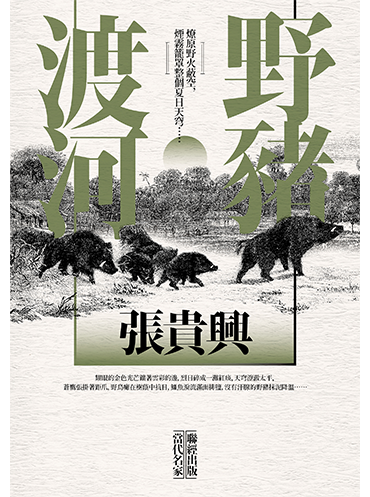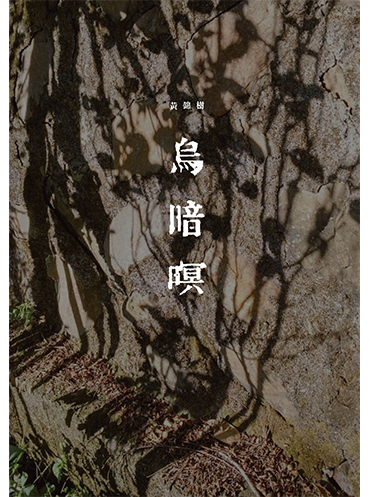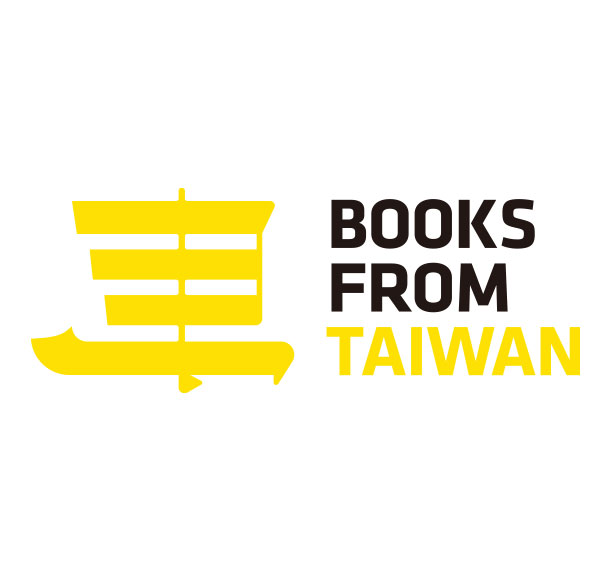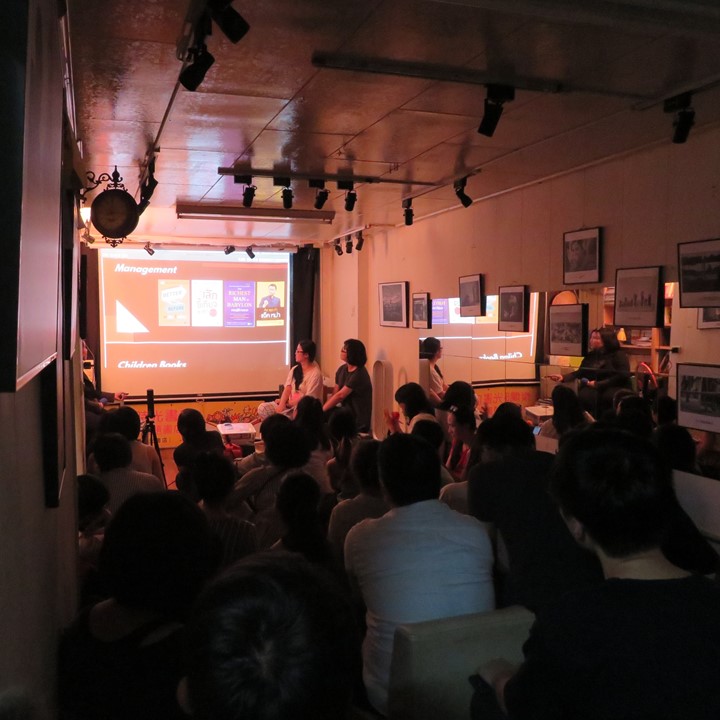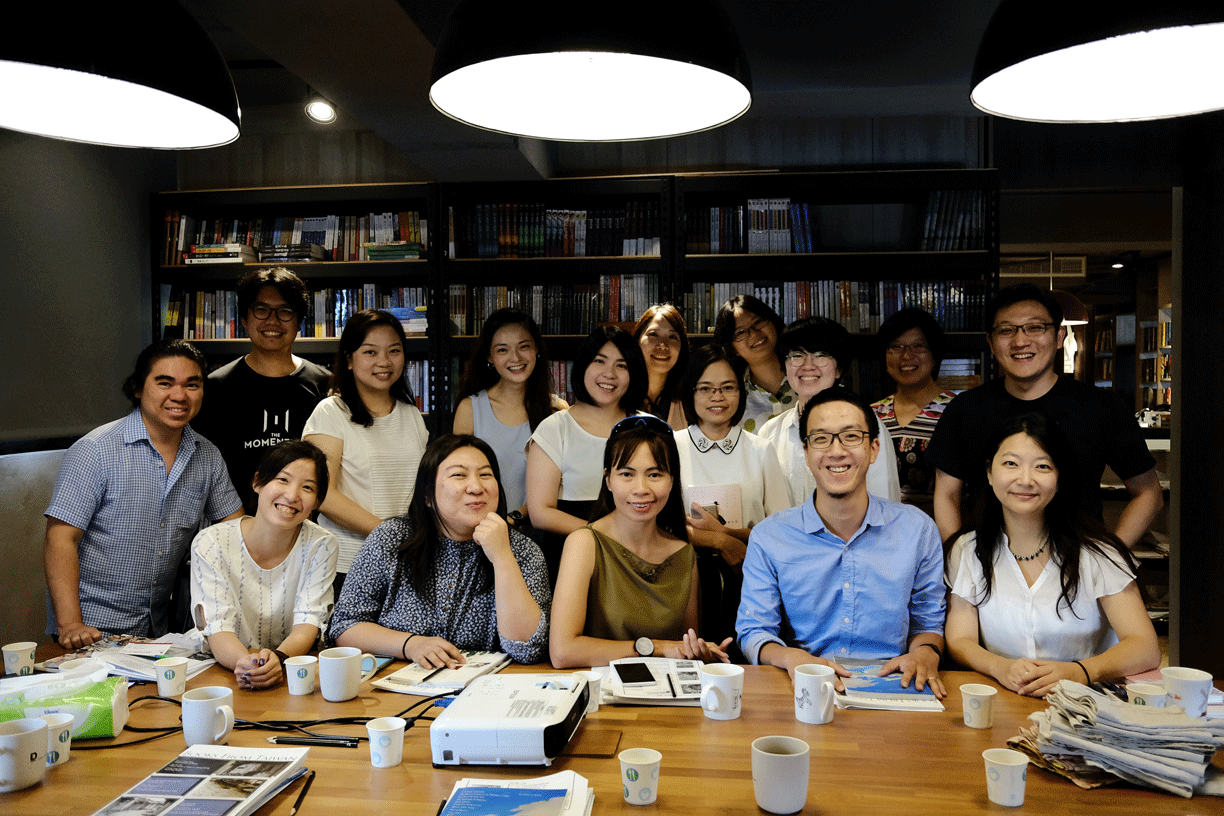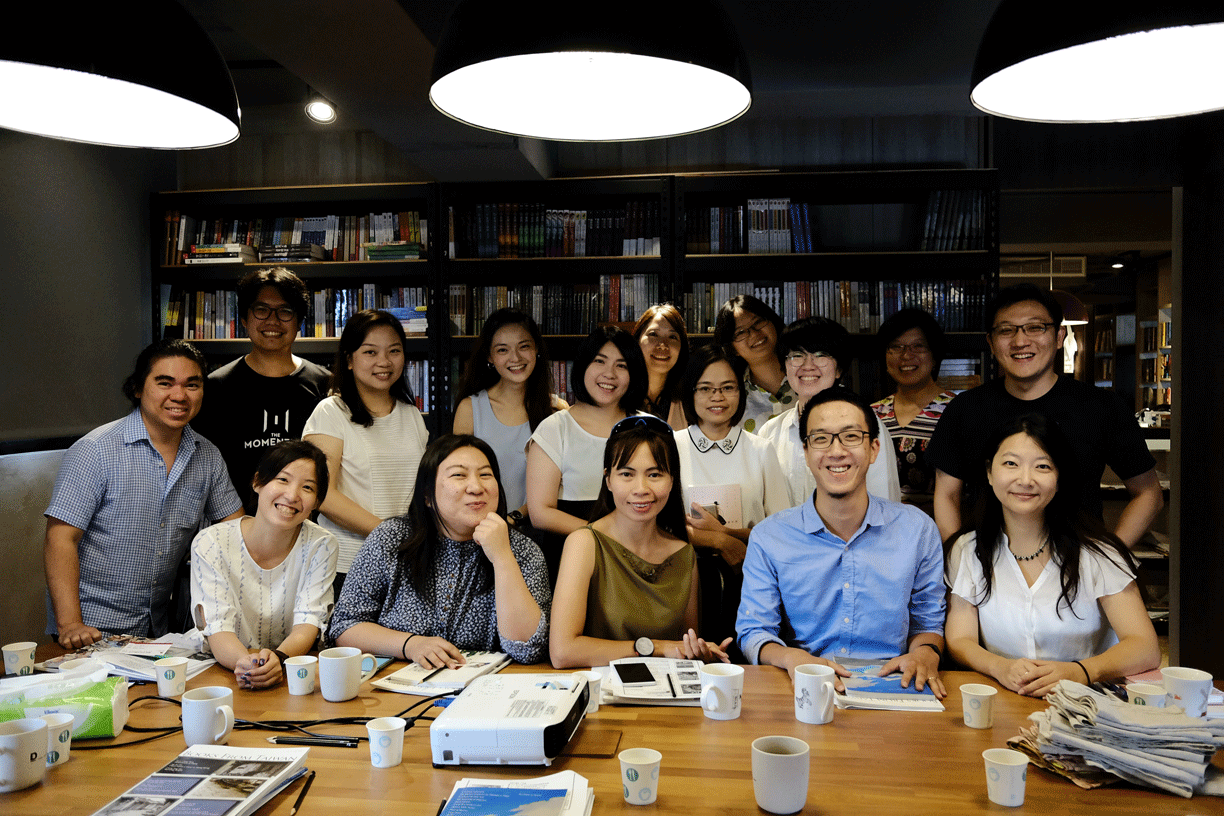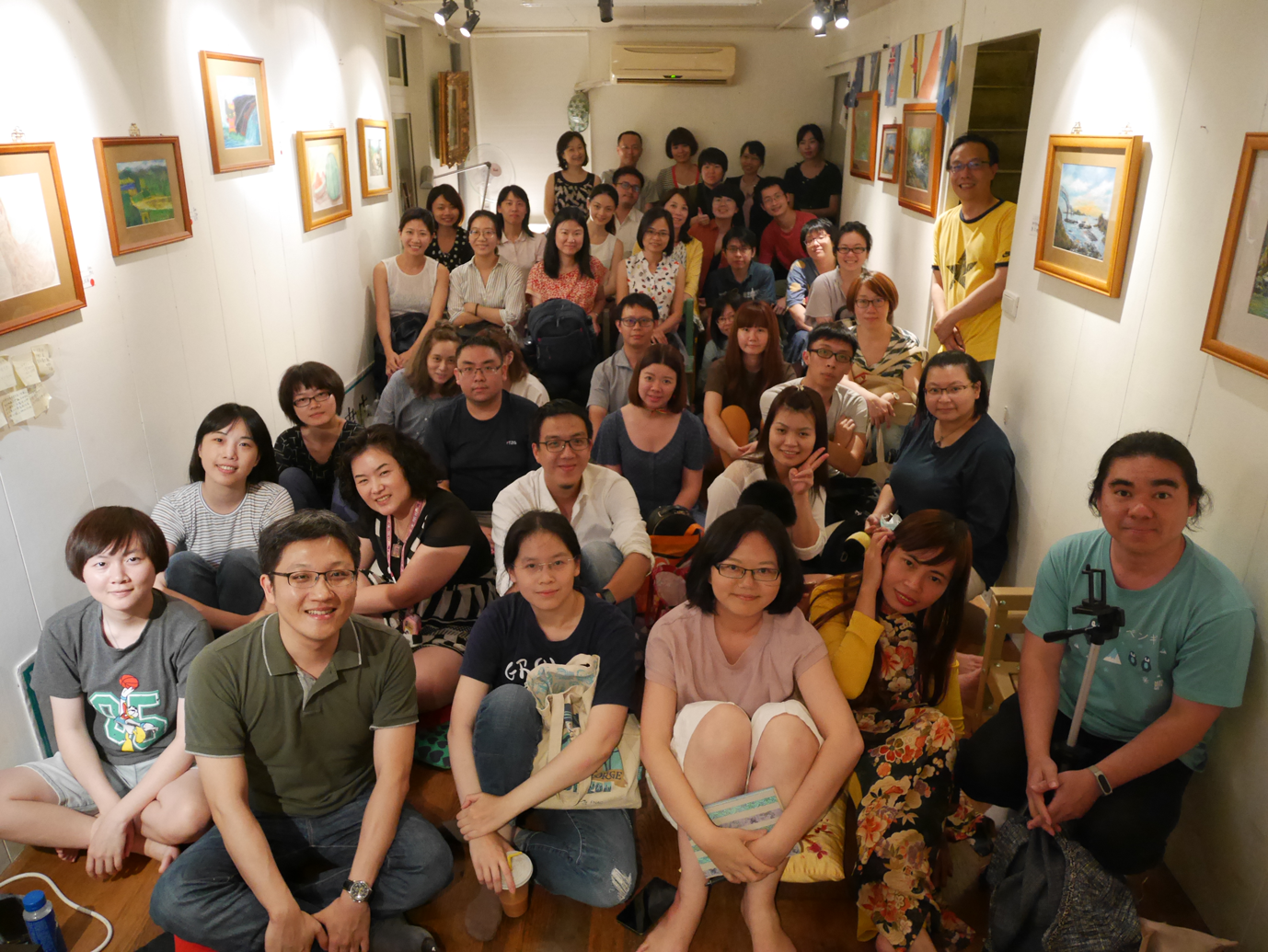* Period of Application: 15th October~15th November 2018
* How to apply: The online system used in 2017 has expired. Please send your application forms and documents to [email protected].
* The Pivot South Translation and Publishing Program Application Guidelines: https://goo.gl/PifbEW
* 南向翻譯及出版交流補助作業要點: https://goo.gl/1gPrgX
* For general inquiries, please contact [email protected].
The Ministry of Culture (hereinafter referred to as “the Ministry”) has formulated these guidelines to encourage the publication of translations of Taiwan’s literature, in the territories of South Asia, Southeast Asia and Australasia (hereinafter referred to as the Pivot South nations), as well as to fund exchange trips for publishers and the publication of original titles that deal with the cultures of Taiwan and the Pivot South nations, as well as the topic of cultural exchange between them.
* South Asia, Southeast Asia and Australasia will be taken to mean: Cambodia, the Philippines, Laos, Malaysia, Brunei, Indonesia, Myanmar, Singapore, Thailand, Vietnam, Sri Lanka, Nepal, Pakistan, Bangladesh, India, Bhutan, Australia and New Zealand.
* The program is split into three different strands, which are:
1. Translation and Publication Grant Program
a. The translation, publication and marketing of Taiwanese literature (including fiction, non-fiction, illustrated titles and anthologies) in the Pivot South nations.
b. The translation into Chinese (Complex characters), publication and marketing of literature from the Pivot South nations (including fiction, non-fiction, illustrated titles and anthologies) in Taiwan.
2. Publisher Exchange Program
Fund exchanges and cooperation activities between publishers in Taiwan and the aforementioned Pivot South nations.
3. Original Book Program
Fund the publication of original titles yet to be published on the topics of Taiwan, the cultures of the Pivot South nations or cultural exchanges. Material deemed unsuitable for minors will not be accepted.
* Applicant Eligibility:
1. Citizens of the Republic of China (Taiwan) or civic organizations and legal persons registered in accordance with the laws and regulations of the Republic of China (Taiwan).
2. Citizens of the aforementioned Pivot South nations or civic organizations and legal persons registered in accordance with the laws and regulations of their respected country.
* Conditions:
1. Translation and Publishing Grant Program
a. Works translated shall be original works by Taiwanese writers (R.O.C. nationality) in written in any of the languages native to Taiwan, or else be by writers from the Pivot South nations written in their local language.
b. All Chinese content must be in Complex characters.
c. All translations must be done directly between the relevant Taiwanese and Pivot South languages, no relay translations will be accepted.
d. Priority is given to works to be translated and published for the first time in Taiwan or the relevant Pivot South nation.
e. Projects receiving funding shall have already obtained authorization for translation, and be published within two years from the signature of a letter of agreement.
2. Publisher Exchange Program
a. Citizens of the Republic of China (R.O.C) selected to take part in an exchange abroad must have completed their military service in accordance with laws of the Republic of China and must not have any restrictions upon their travel abroad.
b. Citizens of the Pivot South nations must be citizens of said territories and have completed any military service according to the laws of their country of citizenship where applicable and have no travel restrictions in place.
c. Applications must be received according to these guidelines before the published deadline and show clear evidence of professional experience in the field of publishing.
d. “Exchange and cooperation” refers to events related to translation, editing, rights selling and other publishing related activities such as book fairs, author seminars and forum etc.
e. The period for staying abroad or coming to Taiwan shall not exceed six months.
3. Original Book Program
a. The subsidy will fund original projects that are yet to be published, with priority given to titles on the subjects of Taiwan, the cultures of the Pivot South nations or else cultural exchanges.
b. Projects receiving funding shall be published in one of the Pivot South nations within two years from the signature of a letter of agreement.
* Funding Items and Amount
1. Translation and Publishing Grant Program
a. The maximum funding available for any given project is NT$ 500,000 (including income tax and remittance charges).
b. The funding can cover: a licensing fee for the rights holder of the original work, a translation fee, funds to cover production and marketing and promotion costs (not including salary or equipment purchase costs).
2. Publisher Exchange Program
a. The maximum funding available for any given project is NT$ 500,000 (including income tax and remittance charges).
b. The funding can cover: transportation, living and accommodation expenses, insurance and marketing and promotion costs. (not including salary or equipment purchase costs).
3. Original Book Program
a. The maximum funding available for any given work is NT$ 500,000 (including income tax and remittance charges). For a series, the funding will be multiplied by the number of books in the series, but total funding in that case will be limited to NT$ 2,000,000 (including income tax and remittance charges).
b. The funding can cover: Production costs, translation and marketing and promotion costs (not including salary or equipment purchase costs).
* Special projects: For projects of particular significance and scope that involve exceptional creativity, deep-level cooperation and concrete outcomes, and provided that they help promote the work of the department, the Ministry will enter into a special agreement. In such cases, the actors involved, the nature of the project and the application period will not be bound by articles four to six, nor articles eight and nine.
* Principles:
1. Applicants are not limited to submitting only one project for funding in each application year; however, the same applicant can only receive funding for up to three projects in any given round of applications.
2. For those applying under article III section 1, the maximum number of projects that will be accepted to the Translation Grant Program and the Pivot South Publishing Program shall be limited to three.
3. Those applying under article III section 2 for a second year running will be prohibited from applying the next year and for three years in total.
